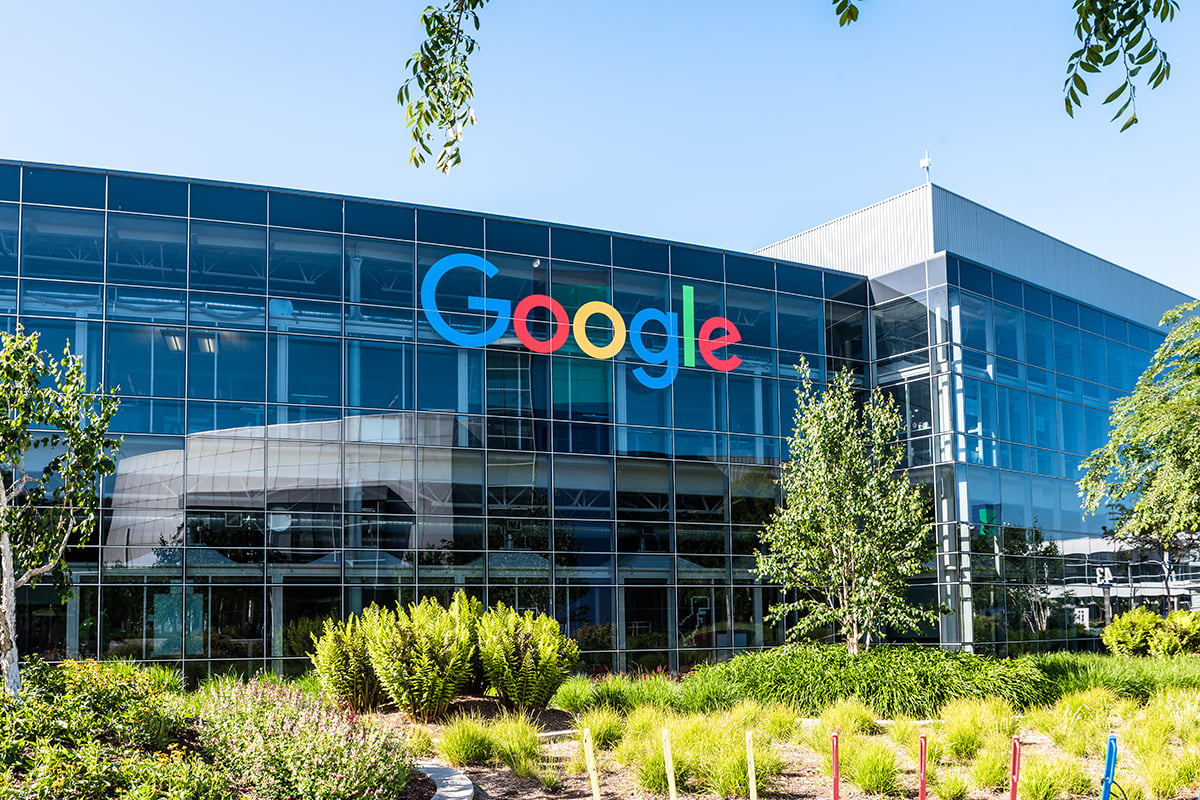The US government is weighing a significant move against Google, reminiscent of the breakup of AT&T into the “Baby Bells” over 40 years ago. This potential antitrust action could dramatically alter the tech landscape, targeting one of the most powerful technology companies globally. A recent court filing by the US Department of Justice (DOJ) suggests a possible separation of Google’s search business from its other key platforms, such as Android, Chrome, and the Google Play store.
Addressing Google’s Dominance in the Search Market
The DOJ aims to curb Google’s ability to use its various products to give undue priority to its search engine. By breaking up its core business units, the US government seeks to prevent Google from using its dominance over platforms like Chrome and Android to maintain control of the search market. This includes keeping Google from leveraging new technologies like AI to outpace competing search engines.
The momentum behind the antitrust case against Google has grown, especially after a federal judge’s ruling in August. The court determined that Google had violated US antitrust laws with its search market practices. The judge’s characterization of Google as a “monopolist” suggested that the company’s influence over how millions of Americans access information online might need to be restructured. This decision has paved the way for possible changes to Google’s search operations, signaling a potential shift in the regulatory landscape.
Google’s Defense and Concerns for Users
In response to the government’s actions, Google has highlighted the potential drawbacks of a breakup, suggesting that it could negatively impact users. The tech giant contends that such a move might disrupt the smooth integration between Android and Chrome, slow down AI development, and even compromise user privacy by requiring Google to share user data with other companies.
Despite these arguments, the DOJ insists that Google’s strategies have reduced competition in the search market, limiting consumer choice. A key issue is Google’s exclusive agreements with major players like Apple, making Google the default search engine on many devices. These arrangements, costing Google billions of dollars, have been labeled as anticompetitive by US District Judge Amit Mehta. The DOJ believes that these practices have led to fewer options for users and a less dynamic market for search services.
Possible Solutions and Lasting Implications
As the legal proceedings move forward, attention is turning to the potential penalties Google could face. One possible outcome is the elimination of Google’s exclusive agreements, potentially ending its deals with companies like Apple. Such a change might foster a more competitive environment in the search industry, altering how people select their search options on phones and web browsers.
The DOJ is also exploring the idea of introducing a “choice screen” on digital devices, allowing users to select their preferred search engine. This concept, already implemented in the European Union, could significantly reduce Google’s market share in the US if applied.
Another possible remedy involves restricting Google’s ability to promote its search engine through other products, like preventing Chrome from automatically setting Google as the default search engine. This would address concerns about self-preferencing, which has become a focus for US regulators aiming to promote fair competition.
Anticipating Changes in AI and Data Control
Beyond the immediate changes to the search market, the DOJ is also looking at Google’s influence in the AI sector. The government has expressed concerns that Google’s dominance in search could give it an unfair advantage in AI development due to the substantial data required for training AI models. To mitigate this, the DOJ may consider measures that let websites opt out of Google’s AI data training or even require Google to share AI tools with other companies.
This case is considered the most notable antitrust action against a tech company since the government’s confrontation with Microsoft in the early 2000s. As Google appeals the recent ruling, the legal battles are expected to continue for some time, possibly stretching into years. The eventual outcome could set important precedents, influencing other major antitrust cases involving companies like Amazon, Apple, Meta, and Ticketmaster.
A Crucial Moment for Regulating Big Tech
The decision to potentially break up Google could have far-reaching effects on the future of digital services in the United States. It might reshape not only how search engines compete but also how tech firms handle user data, develop AI, and engage in strategic partnerships. Although Google emphasizes that its search engine’s popularity comes from its quality, the DOJ’s focus on the company’s competitive behavior suggests that significant changes may be on the way for how digital information is delivered to users.
As the tug-of-war between regulators and tech giants unfolds, the possibility of Google’s breakup signals a turning point in the dynamic between the tech industry and US antitrust law. The results of this case could redefine not only Google’s business structure but also the competitive landscape of the broader tech sector.







